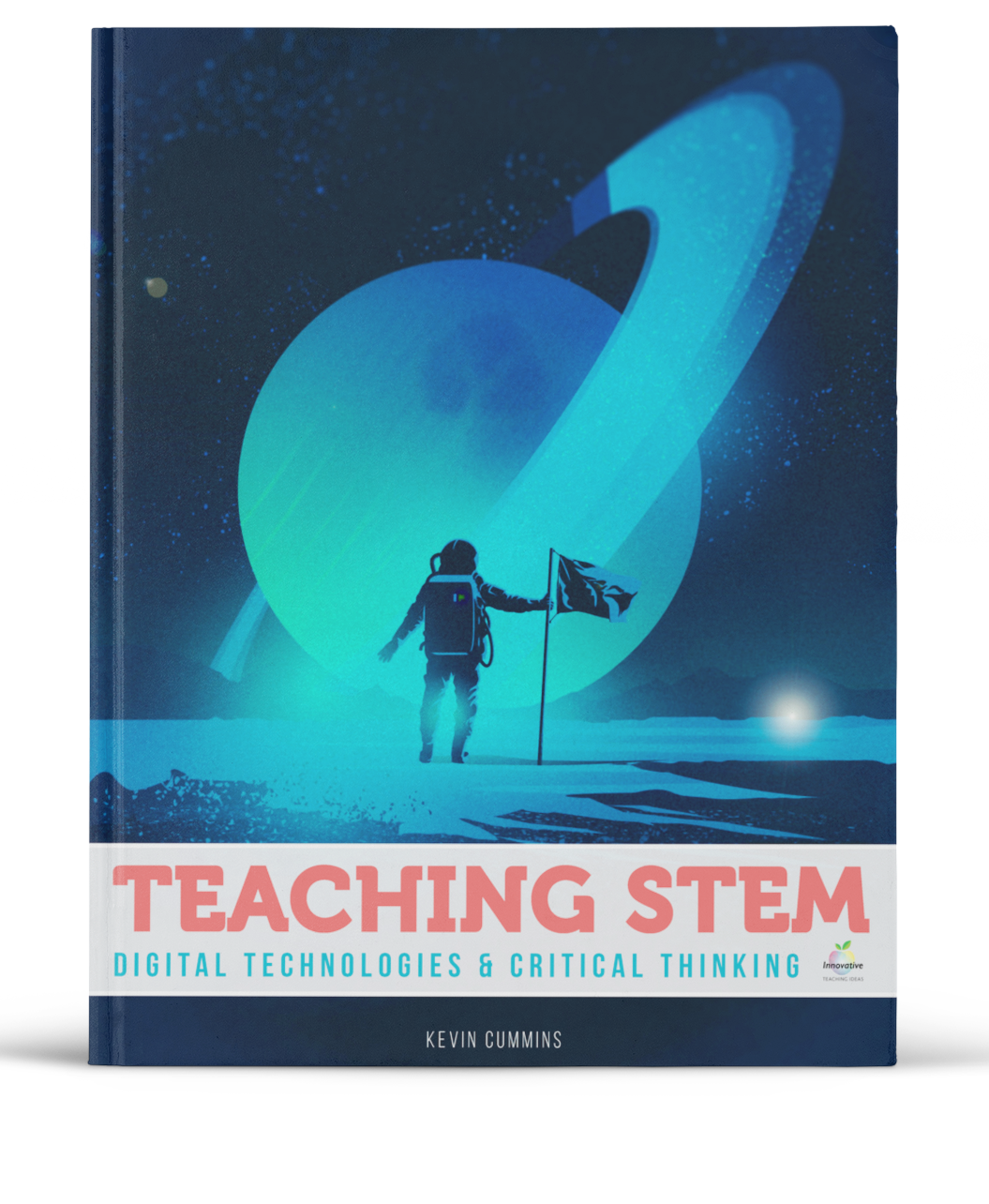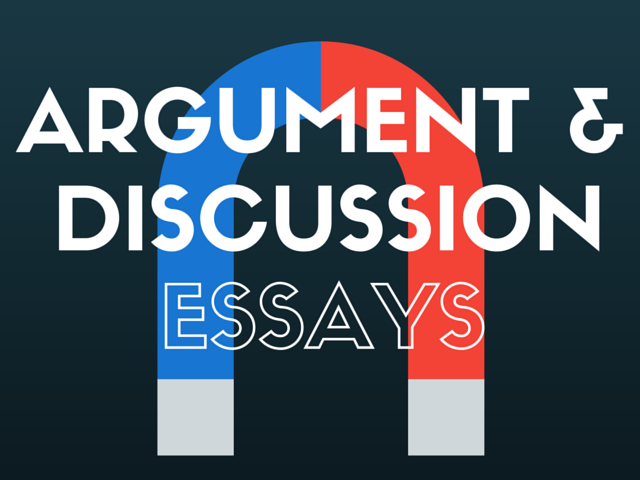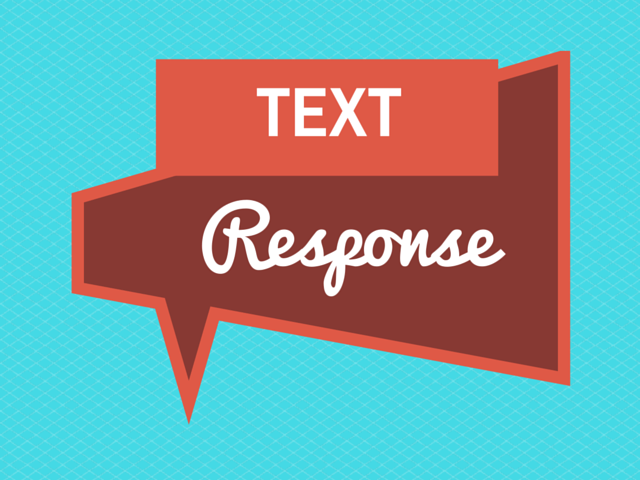Name games for teachers and students
/I will be the first to admit that I am terrible with learning people's names and find it difficult to find strategies that are effective. Give these three simple games a go with your students and you'll all be on a first name basis in no time. Once again thanks to Michael Ramiko for submitting these three games in to make this process a little easier.
The small difference
On the board draw a seating plan of the room and get the class to copy it. Each learner round the room then says their name and everyone else writes it down at the correct place on their plan. Ask the class to study the names for 2 minutes, then put their plans away. Ask your first volunteer to leave the room - and while they're out, two other learners change places. When the volunteer comes back he /she must notice and name both students that have moved. Repeat the game a few times with different volunteers. After a few turns, make the game more difficult by changing two pairs at a time.
Put up a mixed-up spelling of your own first name on the board - e.g. I might put up "Mij". Now, ask them to write an anagram of their own name. Collect these in and write them all up on the board. Every student now tries to write down all the original names. When finished they can check by walking round the room, meeting people and finding out if they have each person's name correctly.
People bingo
Each learner draws a large 3 by 3 grid (i.e. 9 squares). Slowly read through all the names on the register (spelling difficult names). Learners must randomly select 9 of these names (of people they don't already know) to write into spaces on their grid. When everyone has a full grid the learners walk around the room, find their nine people, chat a little and make some notes about each person. Afterwards, play "bingo" by calling out names randomly - students tick a name if they have it on their own grid. For each name ask the class to indicate who the person is and tell you some things about the person. When someone completes their grid with nine ticks - they win. (But you could always play it again!)
Spy
Prepare a set of small cards - one for each learner. On three quarters write "true"; on the others write "false". Distribute them; students must not let others see their card. Learners then stand up and mingle, meeting people and talking. When asked questions, anyone with a "true" card must give true answers; anyone with a "false" card must lie (except about their name), inventing false life stories. Afterwards, form small groups of 4 - 6 people. Each group should try to work out who was "true" and who "false", writing a list identifying all suspected "false" people. Finish up with a whole-class stage when the lists are read out and the truth is revealed. Groups get 3 points for each "false" person correctly spotted - but minus 3 for anyone incorrectly identified.












